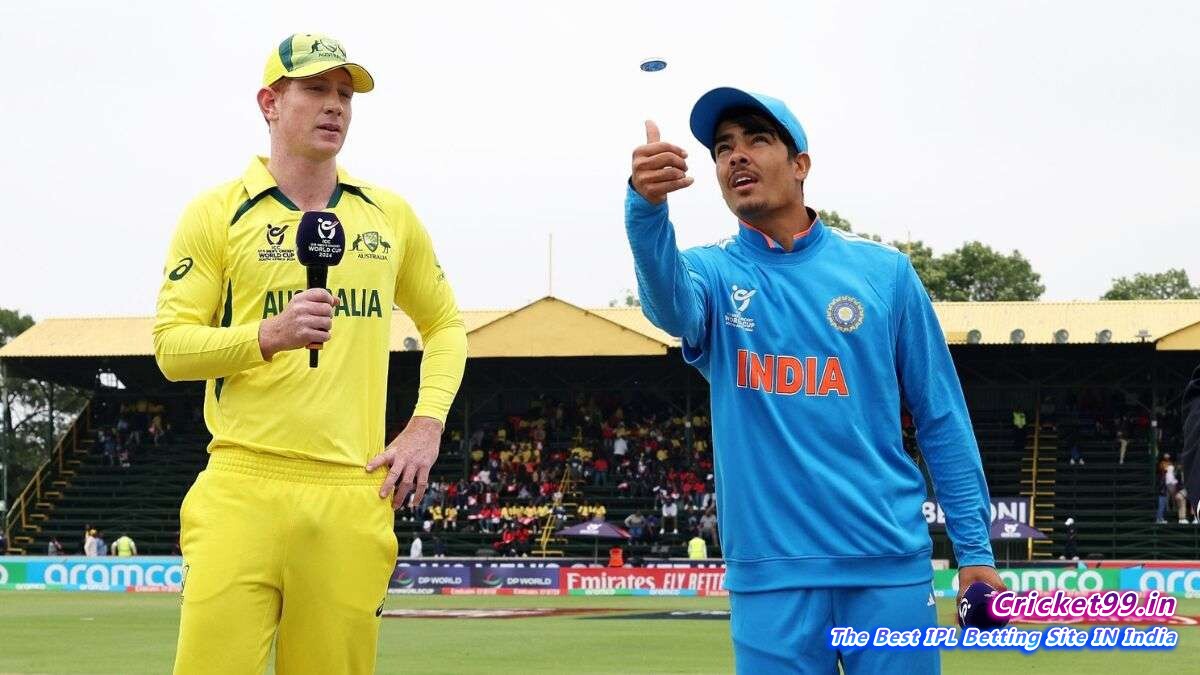
The mood was somber as Indian U19 cricket team captain Uday Saharan faced the media after a crushing defeat in the ICC U19 World Cup 2024 final. The showdown had been held on Sunday, February 11, at Willowmoore Park in Benoni, where the Australian U19 contingent sealed a commanding 79-run victory to claim the title. The result brought an end to the Indian team’s campaign, a journey filled with ups and downs, culminating in a final-game performance that left many to wonder what could have been had their execution matched their ambition.
Saharan, who emerged as the heart and soul of the team during the tournament, couldn’t mask his disappointment with the outcome. Despite reminding everyone of India’s fighting spirit showed throughout the World Cup, the Indian skipper acknowledged the shortcomings in the most crucial match of their campaign.
“It was a very good tournament,” stated Saharan amid the post-match proceedings. “I am very proud of the boys, they all played very well. They all showed great fighting spirit from the start, very proud of them.”
But pride aside, the reality of the defeat was harsh. The end result was the consequence of a lack of substantive partnerships, considered the primary factor behind India’s defeat. Australian bowlers, thriving under the sharp leadership of Hugh Weibgen, maintained relentless pressure, capturing timely wickets and effectively quashing any hopes of an Indian resistance.
In particular, Saharan lamented the batters’ approach which saw them fall victim to rash shots and a failure to spend ample time at the crease – an all-too-common pitfall in the high-pressure environment of international cricket finals. The likes of Musheer Khan and Sachin Dhas, despite their otherwise consistent performances throughout the tournament, could not make significant contributions when it mattered the most.
“We played a few rash shots and couldn’t spend more time at the crease. We had prepared, but couldn’t execute,” the young captain revealed, underscoring the gap between strategy and application in a candid admission of the day’s events. “Got to learn a lot from the start to now. From the coaching staff to the games, learned a lot. Now we just need to keep learning more and move ahead.”
On the flip side, the Australian camp was jubilant. Their captain Hugh Weibgen exuded pride over the team’s accomplishment and held the bowlers in high regard for their role in successfully defending a 253-run target. Weibgen’s commendation did not come light – he knew that setting anything above 250 gave them a solid chance to stifle their opposition, an idea that turned out to be prophetic.
“It’s unbelievable, I am so proud of this group of boys and the coaches,” an elated Weibgen said, basking in the glory of the hard-earned victory. The balance of form and class, perseverance, and team spirit were themes that underscored his team’s ethos, offering a glimpse into the Australian U19 team’s road to success.
India’s painful defeat mirrored the cycle of sports—ebbs and flows, peaks and troughs of form symbolized by a single game that temporarily halted their otherwise dominant run in the World Cup. Yet, as both captains graciously acknowledged their teams’ journeys, there was an underlying consensus that these young cricketers would learn and indeed return stronger, with ambitions undimmed by a single setback.
As the cricketing world took note, the universal verity remained clear—defeat, however heartbreaking, is but a precursor to growth, a lesson that Uday Saharan and his young comrades are likely to carry with them well beyond the boundaries of Willowmoore Park.










